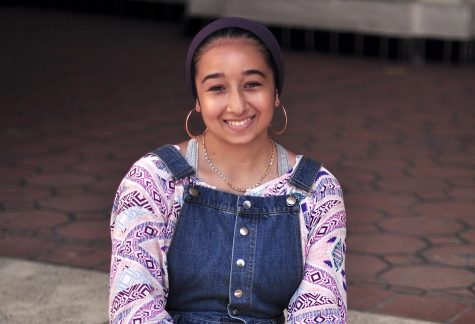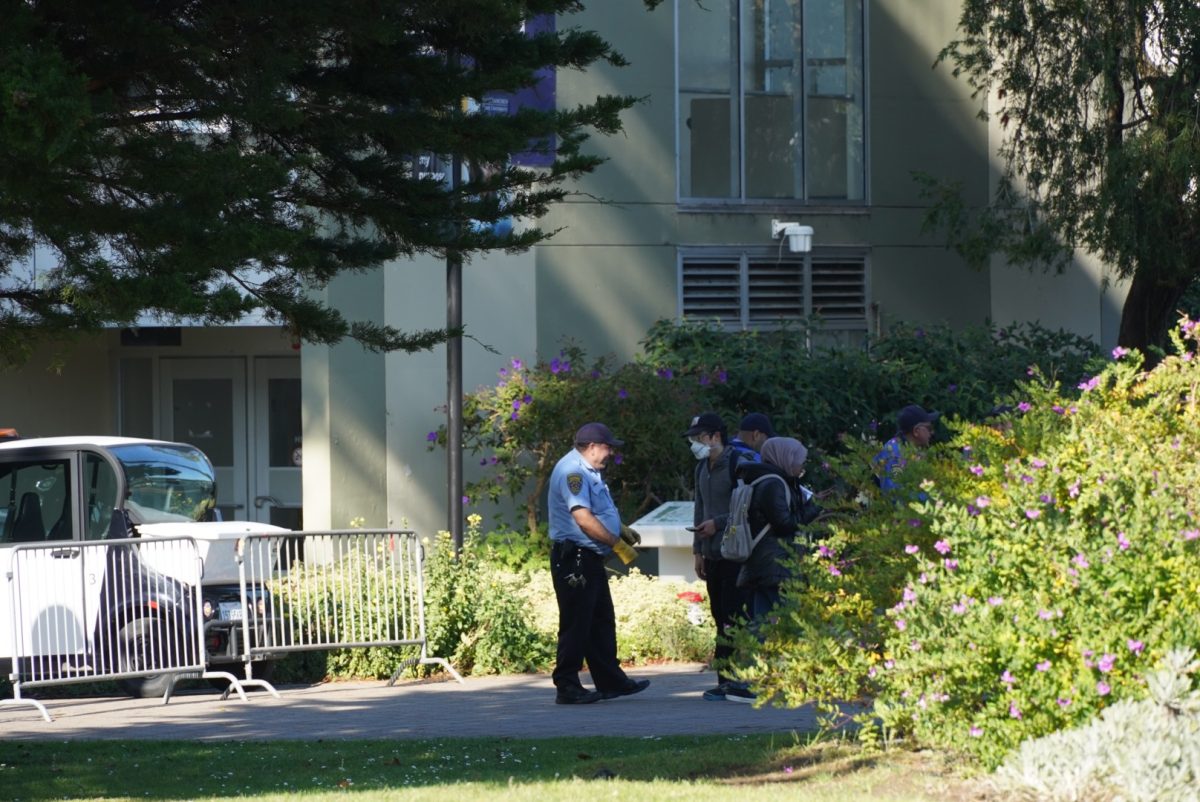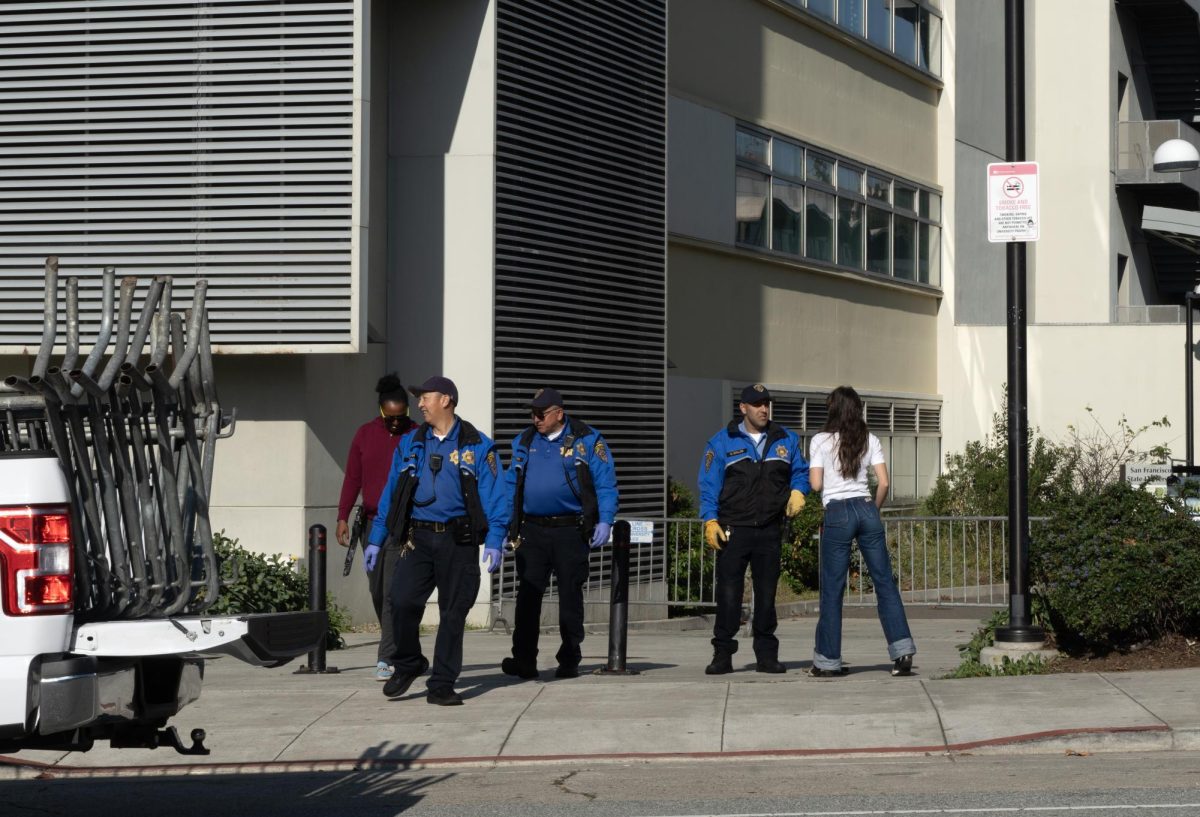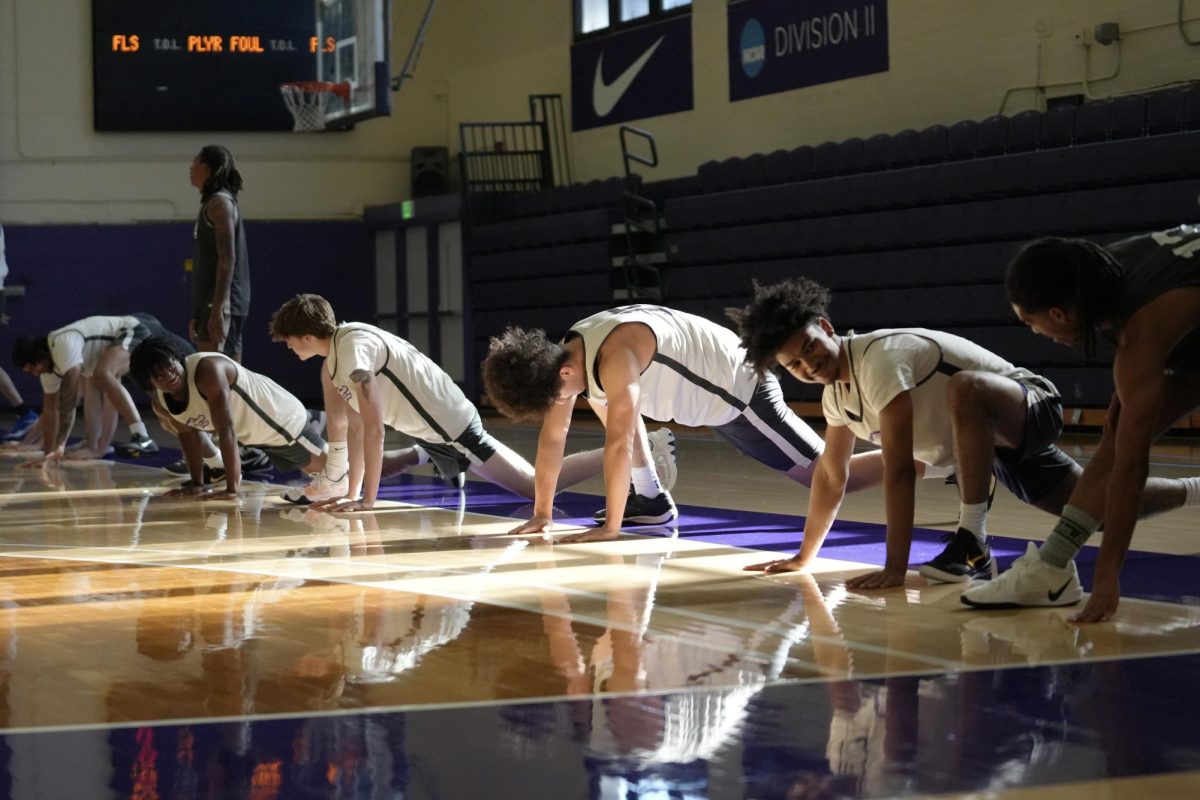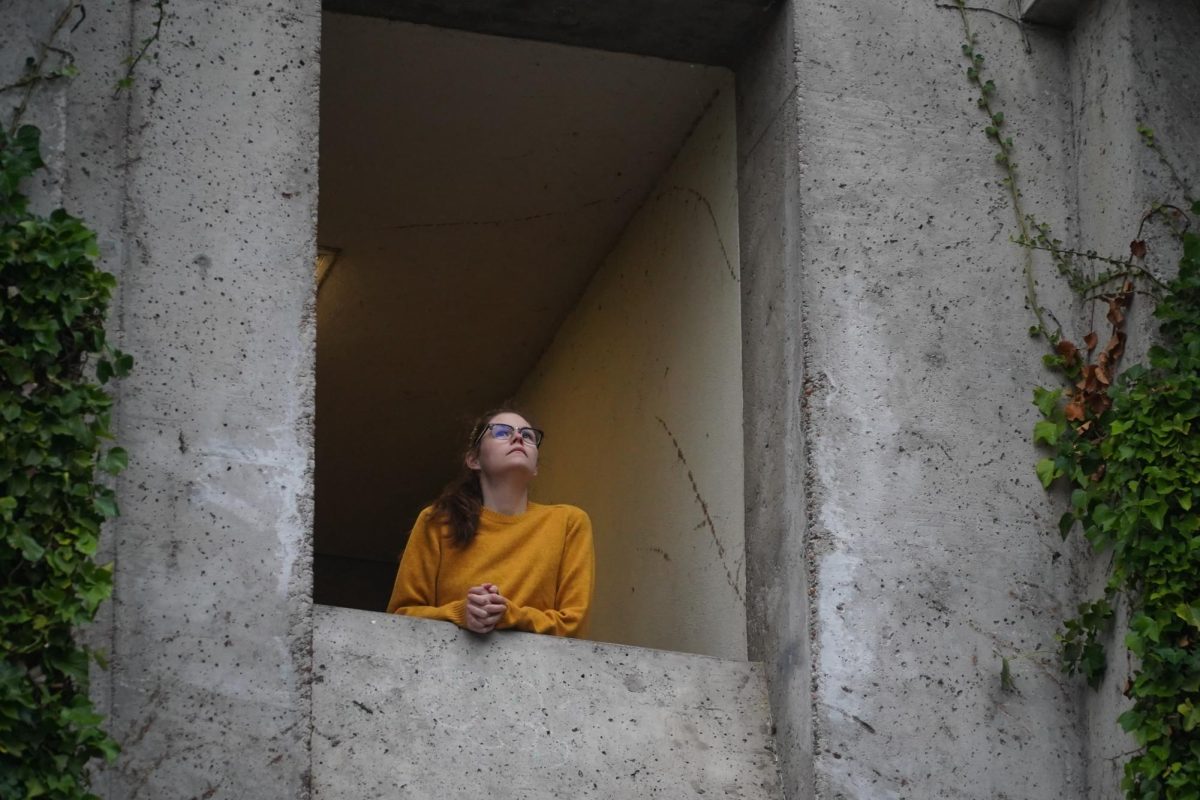Moot Court Sends First Mock-Lawyer Team to Nationals
Jan 28, 2020
Two fall semester graduates are the first in SF State Moot Court’s three year history to qualify for the national tournament this month in Baton Rouge. Aaron Gamez and Owen Nelson placed 32nd in the tournament for oral legal arguments, finishing in the top 6-7% of teams in the country, coach and political science said professor Nick Conway.
The team also had two pairs ranked for top 10 written legal briefs in the nation, with recent graduate Tina Pham and junior Abigail Richards-Hatton ranking 6th and Nelson and sophomore Megan Cistulli ranking 10th.
Moot court is a mock Supreme Court program within the fictional state of Olympus that adheres to all the real U.S. Constitutional laws. All participants compete in pairs in one or both of two categories: oral advocacy and brief writing.
Every May, moot court participants across the country receive the exact same court case from the American Moot Court Association and have the summer and fall semester to prepare for the regional and national tournaments.
“By the time they get to nationals, for instance Owen and Aaron, had been working on the case problem for eight months,” said Conway. “It’s a lot of work. Several practices during the week, especially leading into the tournaments, a lot of late nights. But I think that it’s rewarding to the kids, especially when they do well.”
Nelson and Gamez were co-counsels for the oral advocacy category, each arguing on a different legal issue of the same mock court case.
The two joined moot court after taking Conway’s constitutional law class, and Nelson joked that he was “tricked and bamboozled into it” by former moot court members.
“They said ‘don’t worry it’ll be easy. Not a whole lot of work, not a whole lot of reading.’ Of course that was just blatant lies,” said Nelson. “And so I got roped into doing that class and I fell in love with Constitutional law.”
Nelson and Gamez said they had many differing personal opinions, but moot court helped them understand both sides of an argument, especially because participants are required to argue both sides of their legal issue.
“Thinking logically and formulating a rational way of looking at things on both sides, because you have to argue both sides,” said Gamez. “You have to look at it not just from one point of view, you have to look at it from all points of view … those skills translate no matter what you’re doing.”
Gamez will be attending the California Highway Patrol Academy and pursuing law enforcement. Nelson will mentor the moot court team in the next year before starting law school.
“I think the next big step is a national title in oral advocacy,” said Cistulli. “I think that’ll definitely be a reachable and doable goal for this upcoming season … and just continue to build the program so it grows at San Francisco State.”
Richards-Hatton and Cistulli will be taking over as president and vice president, respectively, as well as competing together in the next season of moot court.
“One of the reasons why I think that it’s so compelling what the students have done is that we graduated everybody but one person from the team last year,” said Conway. “We had to basically replace the ranks and Owen was the only person who was a returner. So these are students who have only done this now for their first year.”
Conway started the moot court program in Fall 2017 when he started teaching at SF State and captured the interest of his moot court class. “The program is a key experience for students who want to be prepared when they get to law school,” said Conway.
“I think that’s part of what has appealed to the administrators, that these students are learning actual tangible skills that will benefit them in law school, and they’re performing quite well,” said Conway. “They’re competing against the best teams in the country.”



